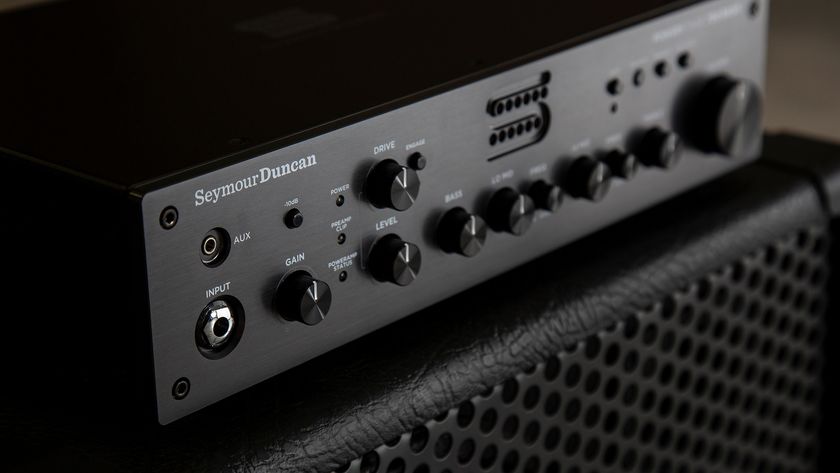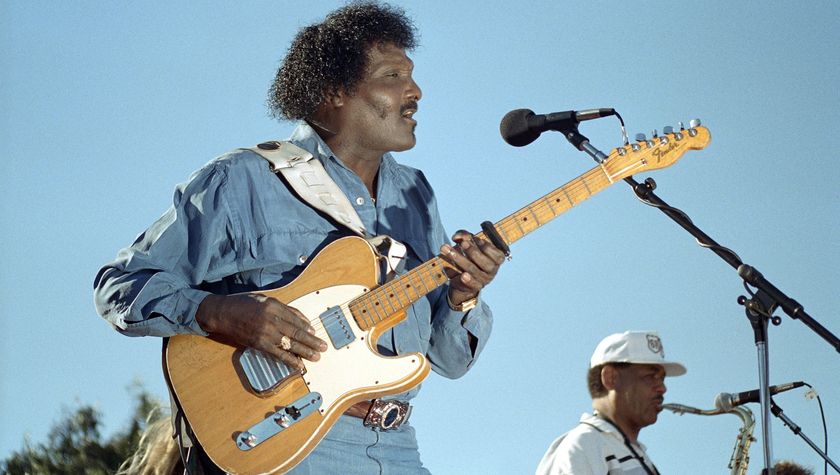Interview: Michael Angelo Batio Discusses His 'Star Licks' DVD and Auditioning for Kiss
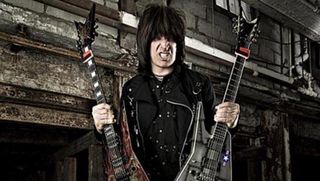
Here's the third and final part of my recent interview with shredder Michael Angelo Batio.
This time, we discuss Batio's Kiss audition and the new, 25th-anniversary commemorative edition of his Star Licks instructional DVD.
To check out part one, head here. To see part two, head here.
GUITAR WORLD: Did you have any idea your Speed Kills instructional video would have such an impact on so many players?
That's one thing I look back on that I'm most proud of. Tom Morello from Rage Against The Machine was my student. I worked over the last couple years, not as much lately with Mark Tremonti, but like around the mid-2000s, we were jamming all the time and I was showing him a bunch of stuff on guitar. And then you had John Petrucci telling me he studied my instructional videos, Michael Romeo told me that and then Dimebag, who said they really helped him a lot. I had Cory and Matt from Trivium tell me that the guys from DragonForce -- the list goes on and on. I'm really proud of that, the fact that so many of my peers and so many top-level people have studied my stuff. Even Steve Morse told me he had a copy. He said he thought it was really cool. And Ted Nugent. So it's pretty wild.
I bought Speed Kills as soon as I found out about you, and it has helped my playing immensely.
Well there's one before that, which we are releasing. It's the 25th anniversary of my Star Licks DVD. I secured the rights to it, so yeah, we're releasing it. It's going to be before Christmas this year. It will be a commemorative edition.
Get The Pick Newsletter
All the latest guitar news, interviews, lessons, reviews, deals and more, direct to your inbox!
When I did the Star Licks video, they had no tablature software. None. It didn't exist. And nobody had computers, no cell phones, anything. So I actually was the only one who could write. I had to hand-write out the booklet, and that was the booklet -- my handwriting. I was the only guy who could do it. I'm not saying the only one who could, but I was the only one who took the time, and I mean I had to use pen and ink. It was old school, but it was fun for me to make sure that the notation looked good. It was accurate, and it's pretty cool. That's the booklet that will be included in this new edition.
Are there any mountains you still want to climb -- anything you haven't done yet?
Well, there's always something. I’ve been in movies, video games and all sorts of things. It's really nice to be recognized as one of the pioneering guys in shred guitar, if they want to call it that -- or just technical rock guitar. In the future, it's not so much racking up, like, "I would like to win a Grammy -- that would be great." That's on my list of things to do, but my real goal is to make my show -- “The Hands Without Shadows: The Tribute To Rock Guitar Show” -- hugely successful. Huge. And to keep releasing CDs, music that is of a high caliber, and to play with as many different people as I can.
It's really the goal is to keep the career perpetuating the career until, like Tony Bennett, you're 80 years old. I'm not kidding. I would like to be able to be like Frank Lloyd Wright, where he still was creating great architectural structures well into his 70s. That's the goal -- to keep it going. Every once in a while, I got a really disturbing e-mail through Facebook. This guy was telling me I'm the greatest thing and I've been such a big influence, and then when I won the Guitar World fastest-guitarist poll, he sent me this e-mail saying, “It's not fair, I'm a great guitarist, I'm in a great band, why don't you just step aside and let me take over?" And it was really nasty, and I thought, "Dude, I'm not stopping you from doing anything. It's not for me to step aside. It's for you to run with it. Why should I stop playing if I like it?"
That's really bizarre.
It's crazy, isn't it? But no, I'm not mad about that. I'm just saying it's the way some people think, and for me, if I ever met this person, if you look at his life, he's probably not happy, probably not successful. And the moral of the story is he is looking at it the wrong way. I'm not competition. What he should do is ask himself, "How can I pull this off? How can I be famous for 20 years?" So that's what I'm saying. It's not negative to me, but look: I feel bad for those people. That's what I meant; maybe I didn't say it correctly.
I went to one of your clinics a few years ago, and you mentioned how you got to jam with Kiss once. Can you talk about that?
I learned a valuable lesson then because I was completely star-struck. I was on Shrapnel Records with Mike Varney. He set this thing up for me, and I still lived in Chicago. I was just out of school and I looked like a mid-western kid, but I had a really good promo shot. In fact, it's on my website -- my very first promo shot. So Mike sent it to Kiss, and they flew me out to audition. I still have the and ticket stubs. I was completely star-struck. I mean I was scared to death. And I had played with Kiss before. We won this battle of the bands contest in Chicago to open up for Kiss, and I was in high school; no, I had just graduated high school. I was 18, and this wasn't my first encounter with them.
But when I jammed with them, I actually showed Gene Simmons how to play over the neck. I literally showed him, and he would stop and start, make me play it -- he was in control. It was me, Paul Stanley, Gene Simmons and Eric Carr. I sang “Calling Dr. Love,” and I kicked ass. I was a pretty good singer, and I don't really work on it anymore, but Gene was laughing because I had some of the lyrics wrong. I didn't buy a songbook; I just kind of picked it up off the record, and he was telling me he was cracking up because I had some of the words really wrong. And that was funny because I didn't get the gig. Vinnie Vincent got it and Vinnie Vincent resurrected their career, too.
I mean Lick It Up” -- what an album and what s song. But I learned never to be in awe. That if I'm going to be a rock star, I've got to act like one. And one of the biggest reasons, it wasn't my image; it wasn't my age that prohibited me from getting it. It was that I became a fan. And I really didn't realize that. I went in there acting like a fan instead of a guy who could be the guitar player in the band. And I never forgot that, you know. Even when I talked to Eddie Van Halen, I'm not saying I'm bigger than him, but it wasn't like, “Oh, dude, you’re a god, dude.” I just went in there and we were just talking, just two people talking and that's the lesson I learned. And then later on Gene Simmons, I know him now we talked about that.
He remembered me from that. He told me in my Michelangelo band before Nitro, they had a rhythm guitar player and he goes, “Your playing is light years ahead of other guitar players.” He goes, “You play two guitars at the same time -- what the hell do you need another guitarist for?” (laughs). He really liked my guitar playing.
About a year and a half ago, we lost one of music’s all-time greatest entertainers, Ronnie James Dio. Do you have any cool Dio stories?
I got to see Dio a few years before he died through Rudy Sarzo, because Rudy's my buddy. I won't say were best friends, but we know each other pretty well. They were coming through the area and Rudy was playing with Dio. I've known Craig Goldy for a long time; in fact, he was around during the original Speed Kills. If you look on the original video, his name is on there because we used to hang out with him. Anyway, Dio was playing and I got backstage and I didn't know Vinnie back then, but I know his brother, Carmine Appice, really well. We tour all time and now I've gotten to know Vinnie through Carmine.
I used to rehearse in Los Angeles right down the street from him, and I mean even when he would talk, he was way like 100 yards down this big industrial complex, and he was outside, and it's LA so it's beautiful, nice, sunny and warm. And he's yelling at this truck, and I swear to God, it sounded like he had a PA system. Even his loud speaking voice was frickin' loud, man (laughs).
This was like 2007 or 2006, so it was like five years ago, three years before he passed away. But the moral of the story was this: When I watched him perform, he's a big inspiration to me for many reasons. His voice was phenomenal. I mean it was rockin', hitting all the notes. I tell people all the time that if you take care of yourself, your skills don't have to erode when you get older. Dio is a perfect example. Paul Rodgers is a great example. Andrea Bocelli is in his late 50s, and the guy sings amazing. Tony Bennett’s in his 80s. My skills are right there because I look to people like Dio. He was a big inspiration to me for many reasons, and that's one of them.
A new DVD, "Learn Shred Guitar Volume 2," is available at the Guitar World Online Store. Speed king Michael Angelo Batio delivers more than 90 minutes of lessons and exercises that will take your shredding to the next level.




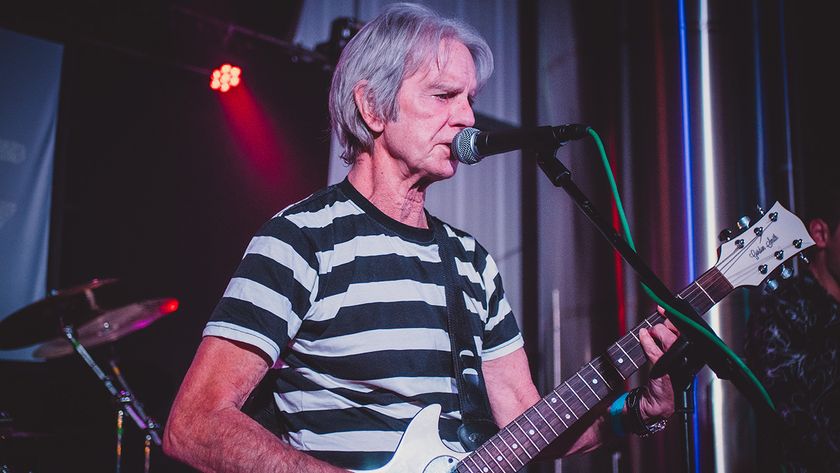
“I get asked, ‘What’s it like being a one-hit wonder?’ I say, ‘It’s better than being a no-hit wonder!’” The Vapors’ hit Turning Japanese was born at 4AM, but came to life when two guitarists were stuck into the same booth
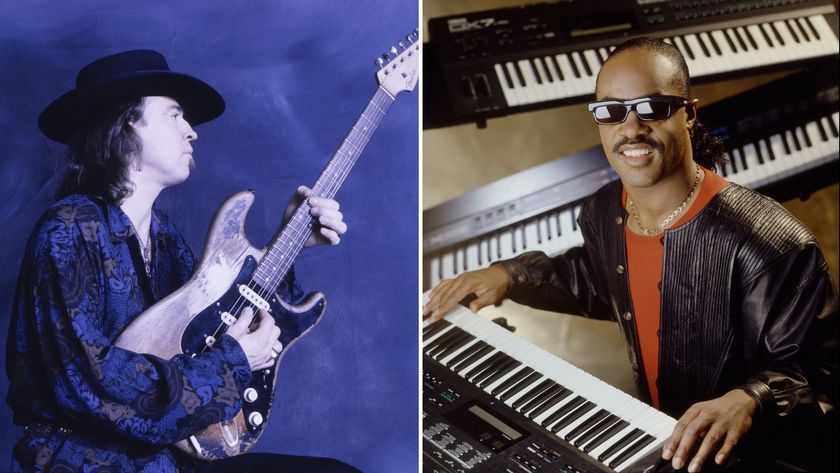
“Let's play... you start it off now, Stevie”: That time Stevie Wonder jammed with Stevie Ray Vaughan... and played SRV's number one Strat
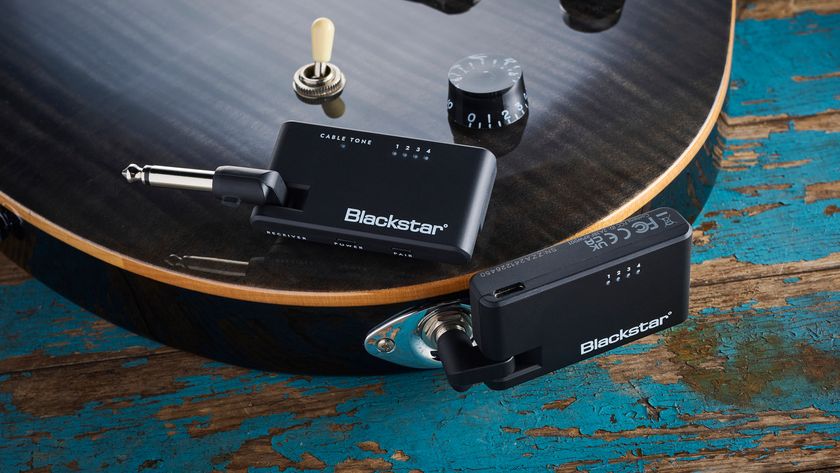
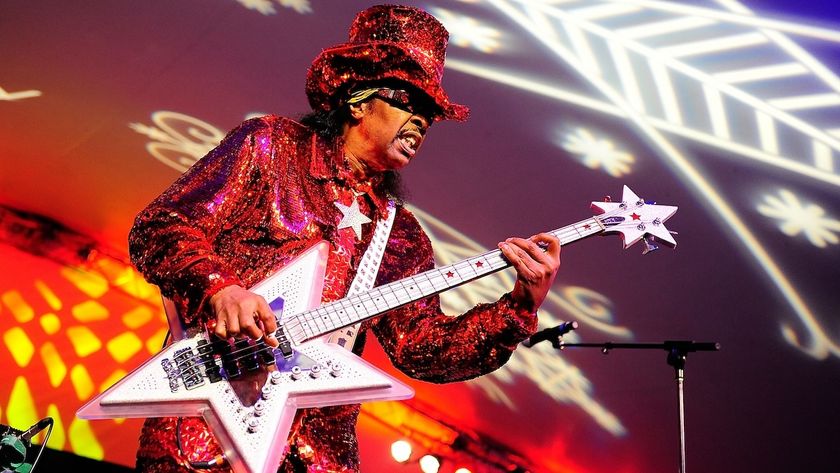
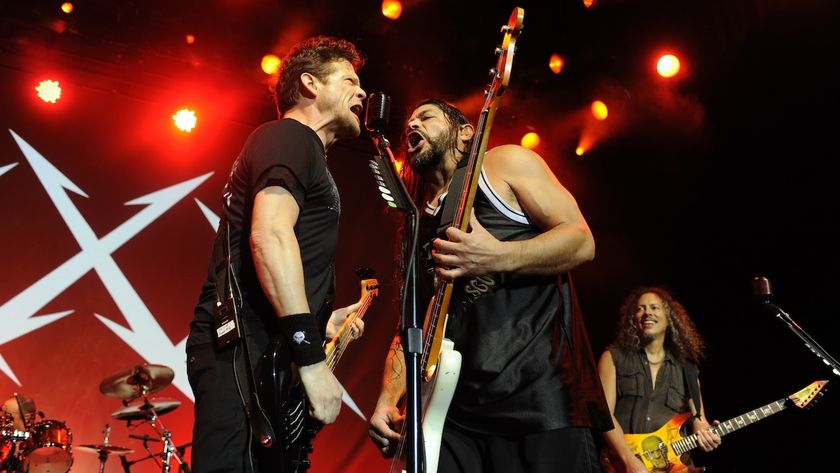
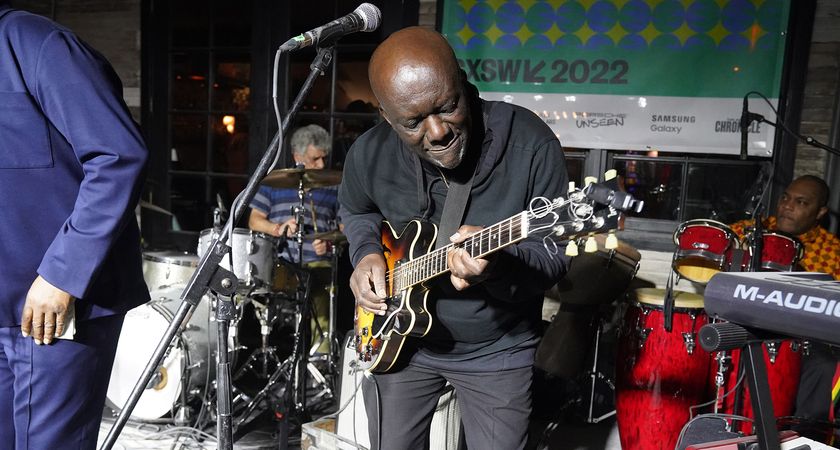
![[L-R] George Harrison, Aashish Khan and John Barham collaborate in the studio](https://cdn.mos.cms.futurecdn.net/VANJajEM56nLiJATg4P5Po-840-80.jpg)
